This concept note is prepared by The Rosario Foundation (TRF) to contribute to policy discussions on sustainable development and community empowerment in Mozambique.
Executive Summary
Mozambique stands at a transformative crossroads with its emerging Liquefied Natural Gas (LNG) sector, which promises significant revenue generation through over $60 billion of foreign direct investment commitments.
However, the critical challenge lies in ensuring Mozambicans can meaningfully participate in this economic transformation beyond the limited construction phase employment.
This concept note proposes a comprehensive vocational training strategy to capitalise on the pre-LNG boom period, addressing the alarming increase in Not in Education, Employment or Training (NEET) youth from 0.9 million in 2005 to 1.6 million in 2025 (ILO), while building sustainable skills that extend beyond extractive industries.
The proposed strategy emphasises three core components: technical vocational skills aligned with industry needs, digital and financial literacy for economic empowerment, and exportable skills that create regional opportunities. This approach addresses the fundamental vulnerability of populations lacking information and skills, positioning Mozambique to avoid the pitfalls experienced in Papua New Guinea and Guyana where local employment opportunities remained minimal despite significant resource extraction.
The Problem
The NEET Crisis and Youth Unemployment
Mozambique faces a youth employment crisis with profound implications for social stability and economic development. The country’s NEET population has increased by 78% over two decades (ILO), representing a significant loss of human capital potential. With 60% of Mozambique’s 32 million people under age 25 (INE), and youth unemployment rates remaining persistently high despite economic growth, urgent intervention is required.
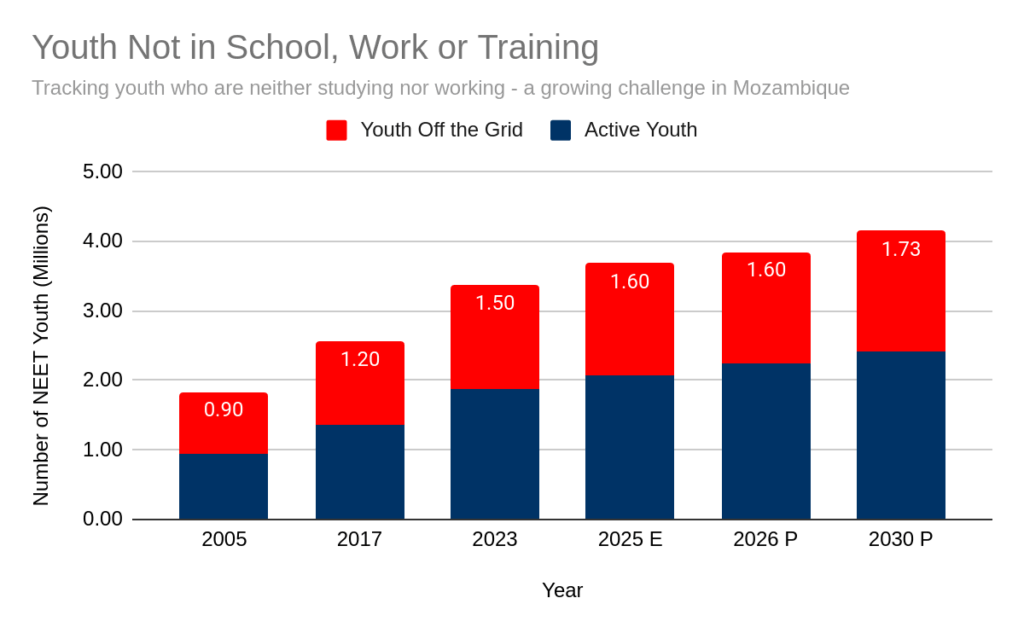
The youth unemployment challenge is particularly acute when considering that more one third (40%) of young Mozambicans are not working and looking for a job, while the formal economy creates insufficient positions to absorb the approximately 500,000 youth entering the labor market annually. This demographic pressure, combined with limited access to quality vocational training, perpetuates a cycle where educated youth cannot translate their potential into economic productivity.
Lessons from Resource-Rich Nations
The experiences of Papua New Guinea (LNG exports since 2014) and Guyana (Oil Exports since 2019) provide critical insights for Mozambique’s approach to LNG development and local employment.
Papua New Guinea’s Mixed Results
The $19 billion PNG LNG project employed 21,220 workers at its peak, but fewer than 8,500 were Papua New Guineans (Population 11.8 million). During construction, many local workers received minimal training and were employed for short periods without developing transferable skills. While the project trained over 10,000 PNG citizens and provided 2.13 million hours of training, the majority of skilled positions were filled by poaching workers from other companies rather than developing new local talent.
Guyana’s Skills Gap Challenge
Despite rapid oil sector growth, Guyana (Population 0.8 million) faces an acute shortage of skilled workers, with 81% of in-demand occupations requiring higher technical education. The Centre for Local Business Development highlights that by 2028, the oil and gas sector will need 5,828 additional workers, but local institutions cannot meet this growing demand. This skills gap forces reliance on foreign expertise, limiting local economic benefits.
Mozambique’s LNG Opportunity and Risks
The Mozambique LNG project, operated by TotalEnergies, represents both unprecedented opportunity and significant risk. The project promises 5,000 local jobs during peak construction and 1,500 during operations, with commitments to train 2,500 young people by 2027. However, without strategic intervention, Mozambique risks replicating the limited local employment outcomes seen elsewhere.
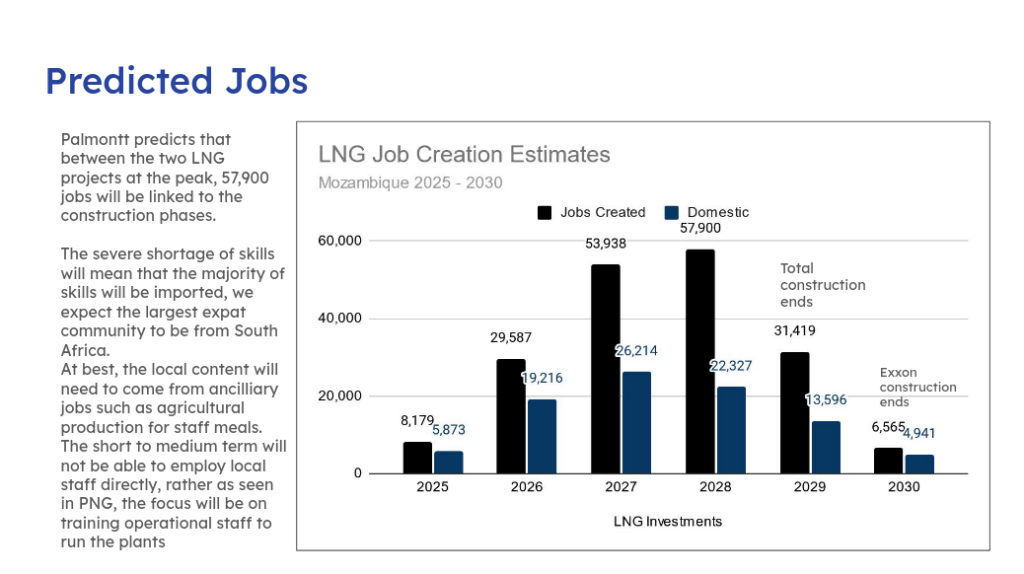
TRF Estimations of direct job creation from LNG Train projects (Mozambique LNG & MRV)
Current Technical and Vocational Education and Training (TVET) system weaknesses compound these risks. Despite reforms, the national TVET system does not adequately cater to labour market needs and lacks sufficient breadth and diversity in qualifications. The disconnect between education provision and economic requirements means that even educated youth struggle to find employment matching their skills.
Strategic Framework for Vocational Training
Core Objectives
The vocational training strategy must address three fundamental objectives:
- Immediate Capacity Building
Develop skills directly applicable to LNG construction and operations phases
- Sustainable Human Capital Development
Create transferable skills that support economic diversification beyond extractive industries
- Regional Competitiveness
Build exportable skills that position Mozambican workers for opportunities across Africa and globally
Three-Pillar Approach
Pillar 1: Technical Vocational Skills Development
Drawing from successful models in Botswana and South Africa, Mozambique should implement competency-based training programs that combine theoretical knowledge with practical application. The South African mining sector’s approach, requiring 5% of annual payroll investment in skills development, demonstrates how extractive industries can drive systematic workforce development.
Key technical focus areas should include:
- Construction and Engineering
Welding, electrical installation, mechanical fitting, and civil construction
- Operations and Maintenance
Process operations, equipment maintenance, and safety systems
- Digital Manufacturing
3D printing, computer-aided design, and automated systems operation
- Green Technology
Solar installation, energy efficiency systems, and environmental monitoring
Pillar 2: Digital and Financial Literacy
Digital and financial literacy represent fundamental empowerment tools that reduce population vulnerability to economic exploitation. African countries average only 25-30% digital skills adoption, while financial literacy rates remain critically low across the continent.
- Digital Skills
Computer literacy, mobile money systems, e-commerce platforms, and basic coding
- Financial Management
Budgeting, savings, investment basics, and entrepreneurship fundamentals
- Information Literacy
Critical thinking, source verification, and data interpretation skills
Pillar 3: Exportable Skills and Regional Integration
Learning from Rwanda’s TVET success stories, Mozambique should develop skills that create opportunities beyond national borders. The Dukorane Umurava (Let’s work with diligence) project demonstrated how refugees and local communities can acquire marketable skills in hairdressing, mechanics, and agriculture that provide immediate employment and entrepreneurship opportunities.
Implementation Strategy
National TVET Coordination
Establish a dedicated LNG Skills Development Authority reporting directly to the Ministry of Economy and Finance, with representation from:
- Ministry of Education and Human Development
- Ministry of Mineral Resources and Energy
- TotalEnergies and other LNG operators
- Private sector representatives
- Youth organisations
Training Delivery Network
Leverage existing institutions while expanding capacity through:
- Mobile Training Units
Deploy equipment and instructors to rural areas
- Industry-Based Training Centers
Establish specialised facilities near LNG project sites
- Digital Learning Platforms
Provide remote access to theoretical components
Curriculum Development
Following the competency-based training model successfully implemented in Mozambique’s Industrial Electronics and Civil Construction programs, curricula should emphasise:
- Practical Application
Minimum 60% hands-on training with industry-standard equipment
- Problem-Solving Skills
Case studies and project-based learning that develop analytical thinking
- Entrepreneurship Integration
Business planning and self-employment preparation in all programs
- Safety and Environmental Awareness
Comprehensive training in industrial safety and environmental protection
Financing Strategy
Multi-Source Funding Model
- LNG Operator Contributions
Require 3% of payroll investment in local skills development, following South Africa’s model
- Government Investment
Allocate 2% of projected LNG revenues to vocational training expansion
- International Development Partners
Leverage World Bank MozSkills project experience and attract additional donor funding
- Private Sector Partnerships
Incentivise local businesses to provide apprenticeship opportunities through tax benefits
Quality Assurance and Certification
National Standards Alignment
Ensure all programs meet Southern African Development Community (SADC) qualifications frameworks for regional mobility
Industry Certification
Partner with international certification bodies to provide globally recognised credentials
Continuous Assessment
Implement outcome-based evaluation focusing on employment rates and income generation
Graduate Tracking
Maintain five-year follow-up systems to assess program effectiveness and career progression
Case Study Applications
Successful Regional Models
Botswana’s Approach
Despite initial challenges with dual-system implementation, Botswana’s focus on industry-education partnerships provides valuable lessons. The country’s emphasis on involving business communities in TVET policy-making through National Vocational Training Organisations offers a framework for ensuring training relevance.
South Africa’s Mining Skills Development
The comprehensive approach requiring skills development plans, annual training reports, and substantial payroll investments demonstrates how extractive industries can systematically build local capacity. The focus on high-end skills through scholarships and technical training has created measurable outcomes.
Nigerian Institute of Petroleum Studies
The successful collaboration between private and public institutions under Nigeria’s Institute of Petroleum Studies demonstrates how targeted partnerships can bridge university-industry gaps in extractive sector skills development.
Digital and Financial Literacy Integration
Learning from Kenya and Senegal’s mobile money partnerships with Visa and GSMA, Mozambique should integrate digital financial services training into all vocational programs. This approach recognises that financial empowerment requires both earning capacity and money management skills.
Rwanda’s Inclusive Model
The Technical and Vocational Education and Training programs that successfully integrated refugees and host communities demonstrate how skills development can promote social cohesion while building economic capacity.
Expected Outcomes and Impact
Quantitative Targets (5-Year Horizon)
Skills Development
Train 500,000 youth in technical vocational skills aligned with LNG and related industries
Employment Creation
Achieve 70% employment rate within six months of program completion
Entrepreneurship
Support 100,000 new small and medium enterprises through skills-based entrepreneurship training
Digital Inclusion
Provide digital literacy training to 200,000 youth and adults
Financial Empowerment
Establish 100,000 new formal financial accounts linked to skills development programs
Qualitative Impacts
Economic Diversification
Reduced dependence on extractive sector employment through transferable skills development
Social Cohesion
Increased optimism among youth through visible pathways to economic participation
Regional Leadership
Positioning Mozambique as a skills development hub for Portuguese-speaking Africa
Innovation Capacity
Development of problem-solving and entrepreneurial mindsets that drive local innovation
Political and Economic Risks
Security Situation
The ongoing insurgency in Cabo Delgado requires flexible program delivery that can operate in challenging security environments. Mobile training units and digital platforms provide alternatives to fixed infrastructure.
Economic Volatility
Diversified funding sources and focus on transferable skills reduce vulnerability to LNG project delays or commodity price fluctuations.
Implementation Risks
Capacity Constraints
Systematic teacher training and international partnerships address potential shortages in qualified instructors
Infrastructure Limitations
Phased implementation beginning with areas of existing infrastructure while building capacity in underserved regions
Quality Control
Regular monitoring and evaluation systems ensure programs maintain standards and relevance
Mozambique’s LNG development presents a unique opportunity to transform its human capital base and create sustainable economic opportunities for its overwhelmingly youthful population. However, realising this potential requires immediate, strategic action to avoid the limited local employment outcomes experienced by other resource-rich nations.
The proposed vocational training strategy offers a comprehensive framework that addresses immediate skills needs while building long-term capacity for economic diversification. By emphasising technical skills, digital and financial literacy, and exportable competencies, Mozambique can ensure that its natural resource wealth translates into genuine development for its people.
Key Recommendations
- Immediate Action
Establish the LNG Skills Development Authority within six months to coordinate implementation
- Strategic Partnerships
Formalise skills development requirements in all LNG project agreements, following South Africa’s payroll investment model
- Rural-Urban Integration
Deploy mobile training units to ensure equitable access across provinces
- Regional Positioning
Align programs with SADC qualifications frameworks to enable workforce mobility
- Continuous Innovation
Maintain flexibility to adapt programs as technology and industry needs evolve
The success of this strategy depends on viewing skills development not as a cost, but as the foundation for sustainable development that enables Mozambique to transform natural resource wealth into enduring prosperity for its people. The time for action is now—before the construction boom begins and the window for systematic capacity building narrows.
The Rosario Foundation
future@TheRosarioFoundation.org
Works Cited
ILO. “Mozambique Employment and Social Outlook.” World Employment and Social Outlook, ILO, 2025, https://weso-data.ilo.org/?chart=Z2VuZGVyPVsiVG90YWwiXSZ1bml0PSJOdW1iZXIiJnNlY3Rvcj1bXSZ5ZWFyRnJvbT0xOTkxJmluY29tZT1bXSZpbmRpY2F0b3I9WyJuZWV0cyJdJnN0YXR1cz1bXSZyZWdpb249W10mY291bnRyeT1bIk1vemFtYmlxdWUiXSZ3b3JraW5nUG92ZXJ0eT1bXSZ5ZWFyVG89MjAyNiZ2aWV3Rm9ybWF. Accessed 04 09 2025.INE. “Anuario Estatistico Nacional 2023.” Instituto Nacional de Estatistica, 19 December 2024, https://www.ine.gov.mz/web/guest/d/anuario-estatistico-nacional-2023_13-12-2024. Accessed 4 September 2025.
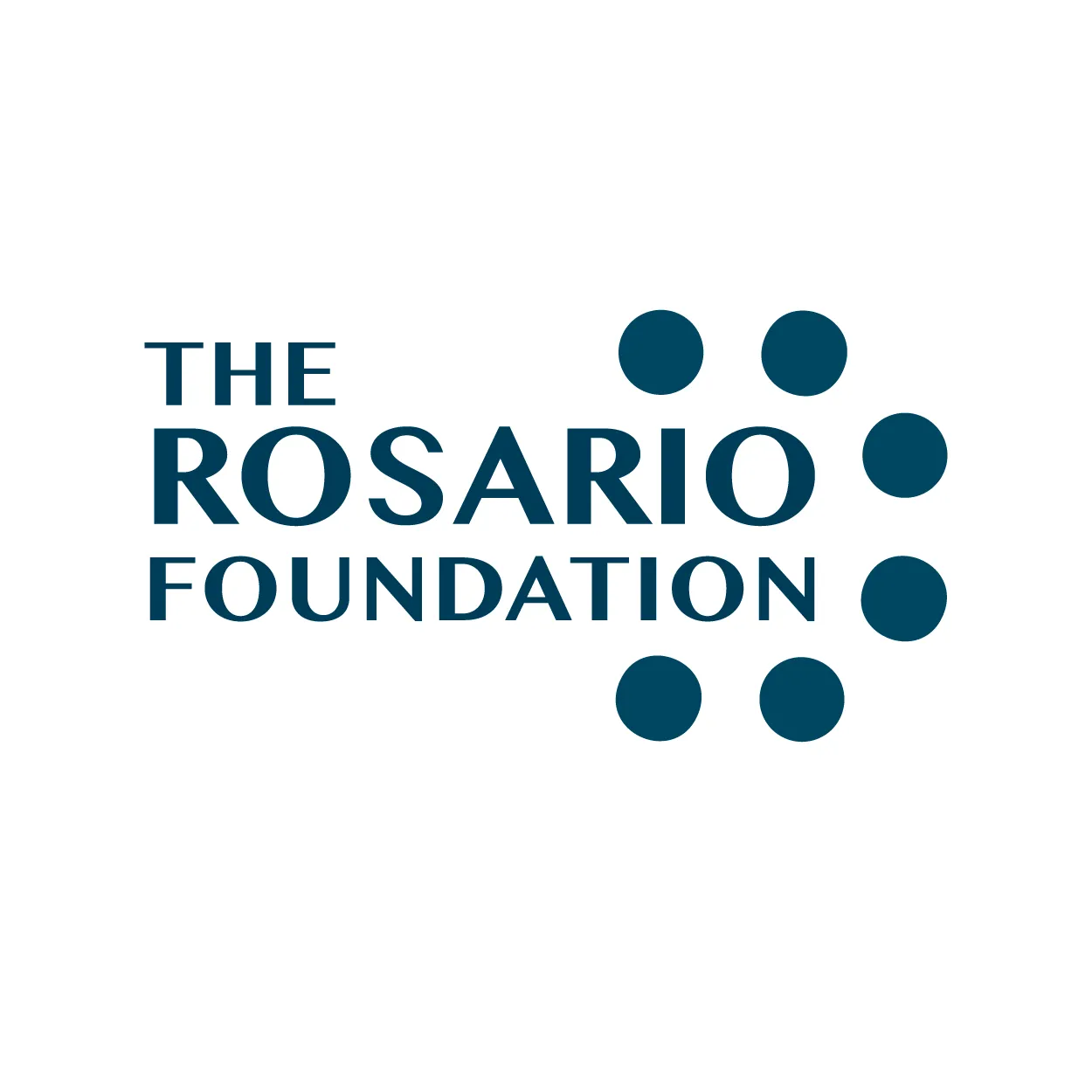
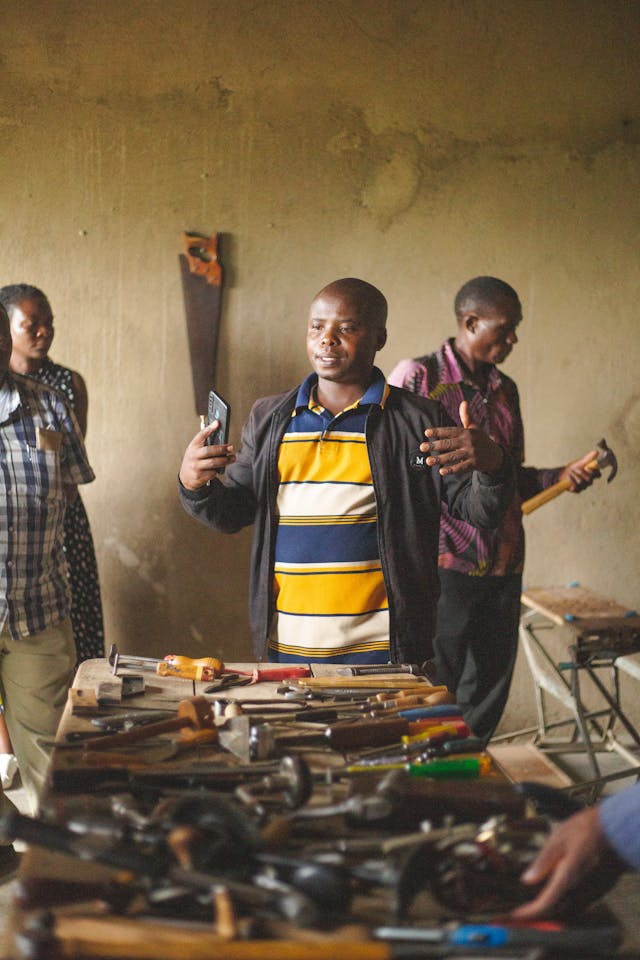

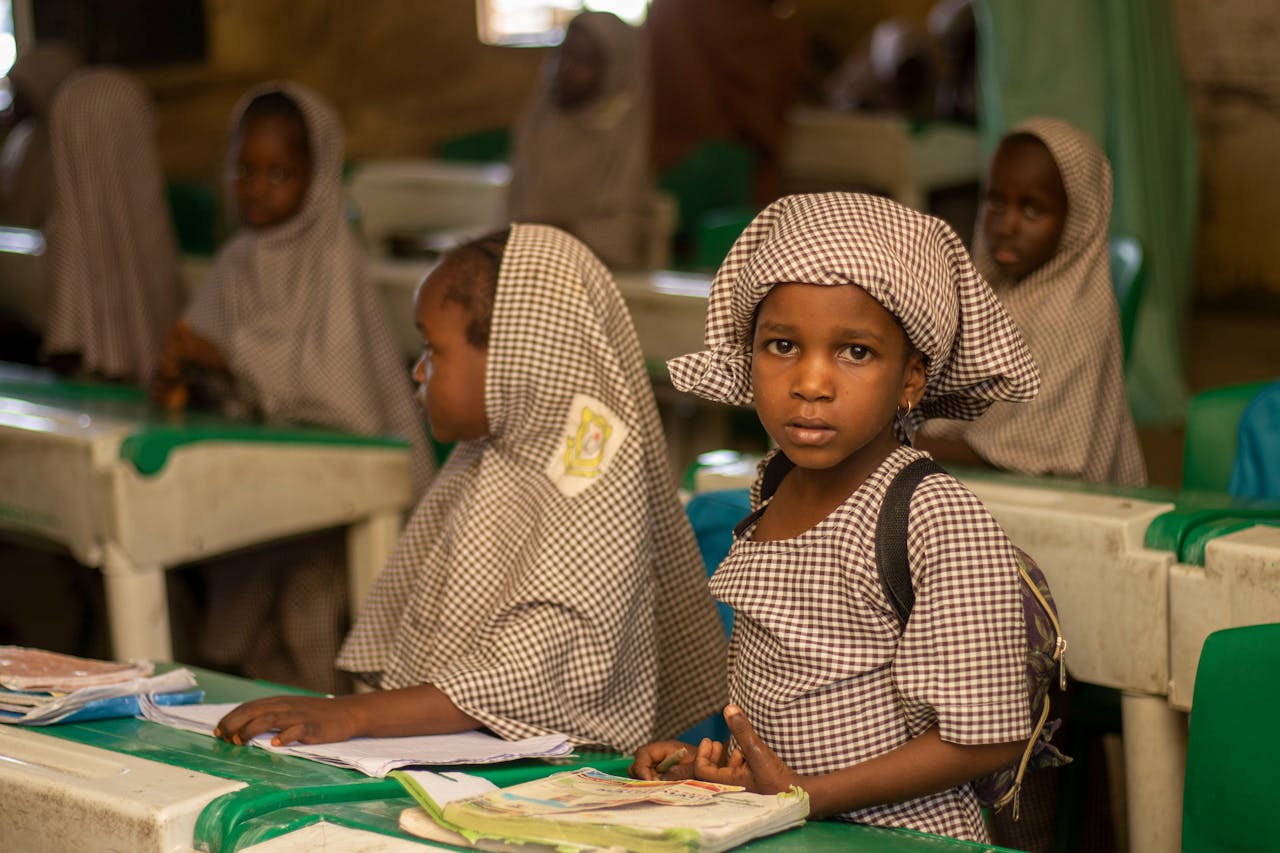


Leave a Reply